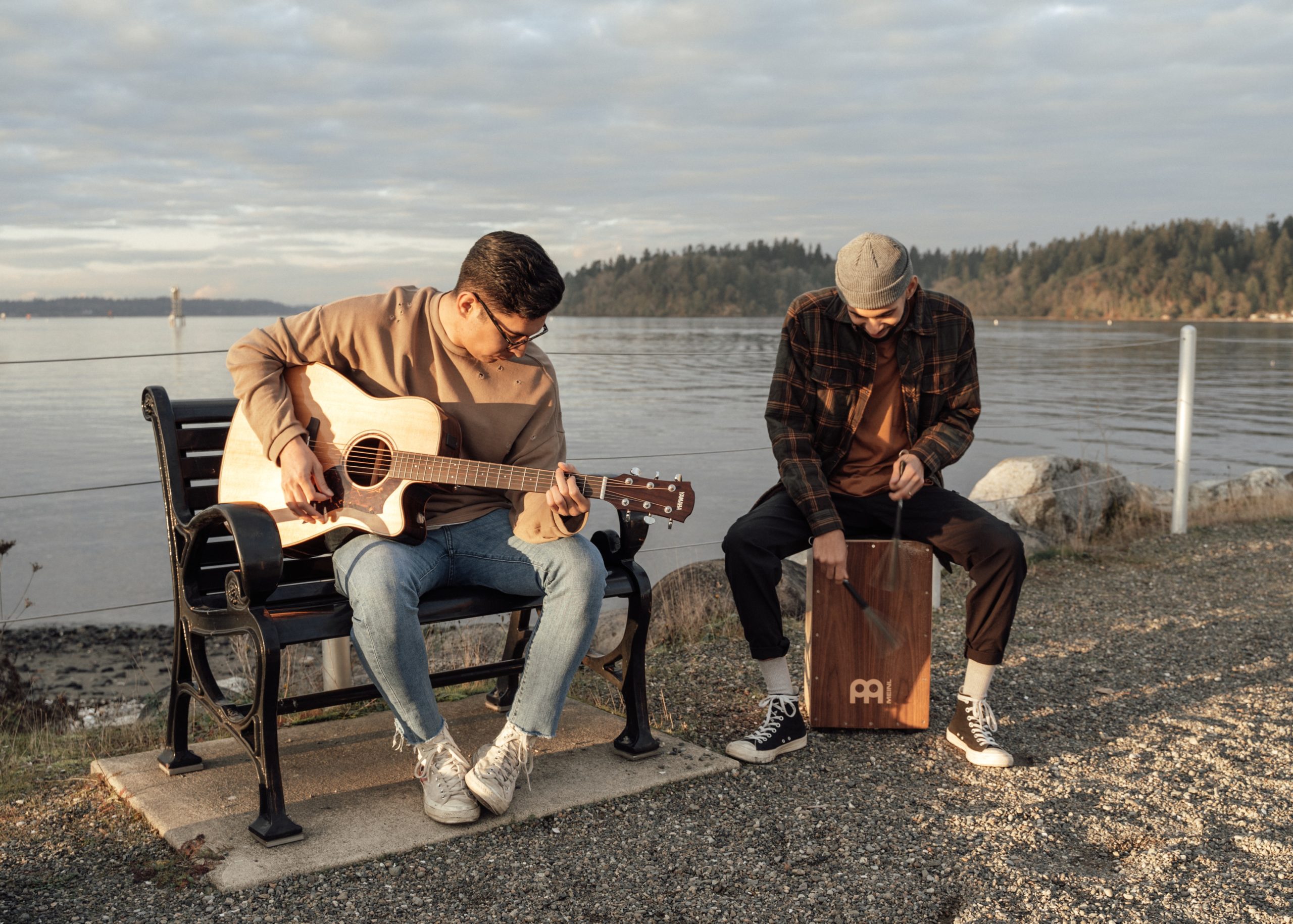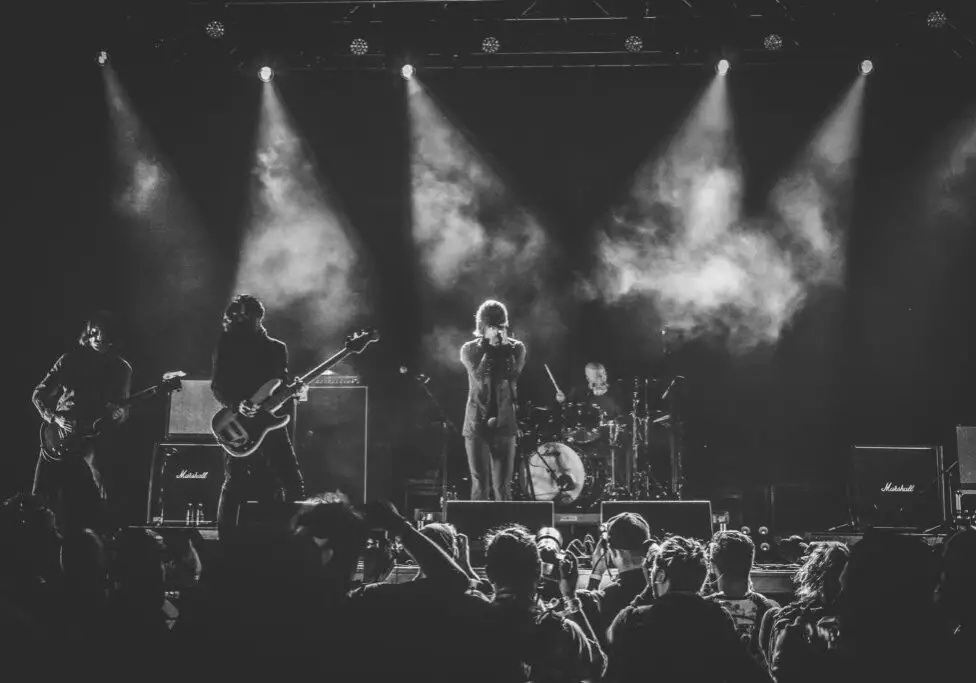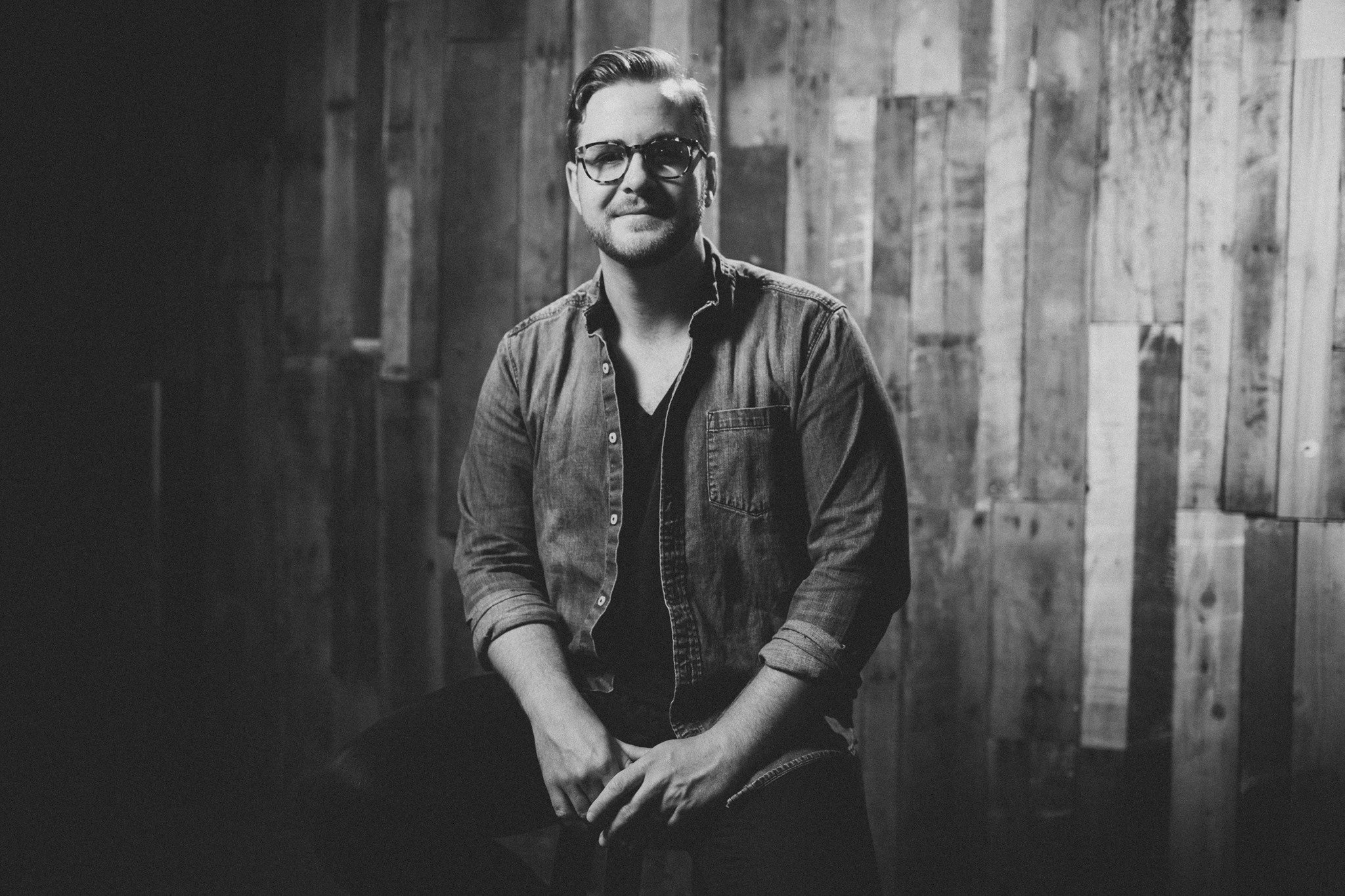Love them or hate them, the Beatles have made an indelible mark on music and influenced countless songwriters.
If you haven’t seen The Beatles: Get Back yet, you’ll probably love it if:
- You’re a Beatles fan.
- You’re a songwriter, musician, recording engineer, or producer.
- You’re a creative of any kind (writer, artist, etc.)
- You’d love to be a fly on the wall watching the creative process of one of the most popular bands ever.
The nearly 8-hour series is especially worth watching if you’re a songwriter. Aside from the entertainment value, it’s packed with lessons we can still use today.
The Beatles’ Songwriting Secrets
The Beatles were pioneers with loads of “firsts” that we take for granted today:
- They were the first band to play live in massive sports arenas.
- They were the first to be broadcast on live TV around the world to 600 million people at once.
- They were the first mainstream artists to use guitar feedback intentionally on recordings — before “I Feel Fine,” some blues artists were using it but it was generally considered a mistake.
- They were the first to bring layers of short loops into mainstream rock and pop.
- They were the first to use audio clips played backwards in their recordings.
- They pioneered ADT (artificial or automatic double tracking), doubling vocal tracks.
- They experienced commercial success like no band before.
As two-time Grammy award winner Janis Ian says, “It sounded so fresh. Almost like a folk song that wasn’t a folk song… There isn’t a person in this century or the last who hasn’t been influenced by them.”
As you watch Get Back, you’ll find lots of great moments and helpful takeaways, probably more than we can list here.
Here are some of the top lessons for songwriters.
1. Block off time
If you want to be a successful songwriter, you have to make time for it.
If you wait until you magically have free time, you’ll never write consistently — because life happens to all of us.
At the time the footage for Get Back was shot, the Beatles were full-time songwriters. They had stopped doing live shows and instead spent all their time in the studio.
For three weeks in January 1969, the band blocked off time to record 14 new songs for an upcoming album and prepare for their first live show in three years. They shot 150 hours of video (intended for the 1970 feature film Let It Be), and over 60 hours of audio. They had an amazing work ethic, writing from 10 am-6 pm every day and taking few days off.
The Beatles were prolific writers, releasing 13 core catalog albums in seven years (and many more live albums, singles, EPs, and worldwide releases.)
Today, many songwriters have to work full- or part-time while also writing songs. Scheduling can be tough, but if you want to be successful, you have to consistently reserve the time for it. Even better, create a deadline — a live show is a perfect incentive.
2. Study the masters
The Beatles had been performing as a band since the mid- to late ‘50s. During that time, they played a lot of cover songs in many different genres.
As you watch Get Back, you’ll notice how immersed the band was in all kinds of music.
As a matter of fact, The Beatles Bible identified an incredible 414 songs or song snippets the band performed during the filming!
Jamming was a huge part of the band’s creative process. They could pull from many sources for inspiration and they were aware of their influences, as well as the greats who came before. They didn’t limit their influences only to Western pop or rock, either — for example, George used an Indian sitar in Norwegian Wood.
So do yourself a favor. Listen to many genres, whether you write in that genre or not, study the great songwriters, and don’t forget to study their co-writers, too.
3. Collaborate

Throughout the series, you notice the incredible creative energy — Lennon and McCartney were an amazing, once-in-a-lifetime songwriting team who worked closely together and played off each other’s ideas.
George and Ringo contributed in different ways, and though they had fewer songwriting credits than Lennon/McCartney, they also wrote timeless classics.
One of the many things that audiences appreciate about Get Back is that while there was tension (the band officially broke up shortly after the footage was shot) and loads of pressure on the band, there were also a whole lot of positive interactions.
They listened to each other — which is so important. They were friends who supported each other and had fun together. They were also bigger than the sum of their parts. So collaborate whenever you’re able.
4. Don’t judge
At one point in the series, we see Ringo Starr (Richard Starkey) working out the very beginning of “Octopus’s Garden” with George Harrison’s help. It was the second song he’d ever written.
Ringo only played in the key of C and didn’t have much to go on, just a few piano chords and some lyrics. George helped him to work out chord changes, but everyone supported in small ways — Paul with lyrical advice (use “pomegranate” or “cauliflower” until you figure out the right word) and John jumping in on drums.
It’s a good reminder that when you’re in creative mode, don’t worry about how good the song is or whether it will work right away. You’ll rewrite and edit later — the important thing is to come up with a great concept, get down the bones of the song, and worry about polishing it later.
5. Experiment
All the Beatles played multiple instruments (to one degree or another) and used them in their writing process.
Paul and John both played piano and they’d alternate playing guitar, bass, keyboards, and even drums. They could sing along on all these instruments. They would jump in wherever they were needed to support their bandmates’ ideas.
They brought in an actual anvil to record “Maxwell’s Silver Hammer,” and the gurgling sound in “Octopus’s Garden” was created when Ringo blew through a straw into a glass of milk.
These days, producers have a nearly infinite choice when it comes to plugins and pre-recorded soundbites that will let you add in nearly any sound you can imagine.
Do you have to play multiple instruments? No. But the more you know, the more creative you can be and the more you can contribute as a collaborator.
6. Play for live audiences

By the time the Beatles recorded Get Back, they had stopped touring and were focused on creating music in the studio. As a result, much of their music had become too complex to play in front of live audiences. The group wanted to get back (see what I did there?) to simpler, more straightforward compositions and connecting to live audiences.
Modern DAWs make it easier than ever for songwriters to create full band — or even orchestral — arrangements in their home studios. But some of your best marketing will come from playing your songs live. In addition, publishers and record company execs want to see how your songs “connect” with audiences in a live setting.
So make sure you can play your songs live, still capturing the essence and the energy even though you might be using stripped-down arrangements (especially if you’re playing solo.)
7. Capture your ideas and iterate
As you watch Get Back, you’ll hear the band playing snippets of many songs that ended up becoming classics. We all know how the songs go now, but in the series, they were still figuring them out. They iterated endlessly until they got each song just right, rewriting lyrics, working out harmonies, and coming up with just the right chords.
John would get ideas at night and bring them in to work on the next day. When Billy Preston joined in on keyboards, he brought a great positive energy and loads of ideas.
And yet, writing these songs was still a lot of work. At one point, Paul complains that “The Long and Winding Road” was “plodding.” He stuck with it, and the song became the Beatles’ 20th and last song to hit #1 on the Billboard Hot 100.
8. Study theory (but put inspiration first)
There have always been lively discussions around how much music theory the Beatles actually knew.
None of the band members had any formal music education and they didn’t read or write music notation. But they did have at least a basic foundation in music theory, even if they didn’t always know the correct terminology. And they learned as they went along.
George Martin, often called the fifth Beatle, was a producer who did have formal music training. He used his skills and knowledge to translate the band’s music into notation when other musicians came in to play on their songs — string or horn players, for example. He also made numerous suggestions and contributed arrangements that strengthened the band’s catalog.
All the Beatles had an intuitive grasp of music, but they needed someone with formal knowledge to translate for them.
Knowing even basic music theory helps you to “look under the hood” of your favorite songs so that you can understand them better and level up your own writing game.
But just because you don’t have a formal music education, that doesn’t mean you can’t write great music. Go with your ear and your gut, and follow your inspiration.
9. Have fun!
Songwriting is work, but anything you love, and especially anything creative, should be fun too.
While the gossip headlines at the time tended to focus on the band’s disagreements, Get Back shows how well the band worked together and confirmed that they did, in fact, really like each other. There were lots of jokes and goofing around, despite the tension and arguments.
They had been living practically in each other’s pockets for 10 years, and none of them were even 30 years old yet!
Let Songwriting Magic Happen
Get Back is well worth watching for so many reasons, but for us songwriters, it’s full of insight and inspiration.
Struggling with a lyric? Even the best songwriters can relate.
Melody uninspiring? Keep woodshedding it.
Something missing? Tap your collaborators.
Most of all, embrace the process. There’s really no right or wrong.
“The things that have worked out best — ever — for us haven’t really been any more planned than this has. You just go into something and it does it itself. Whatever it’s going to be, it becomes.” — George Harrison
Ready to write your next song?


